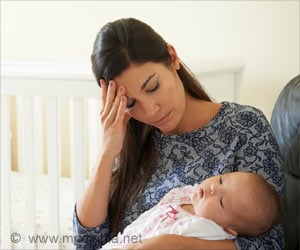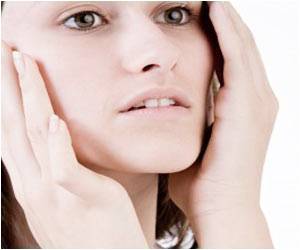The postpartum depression risk might be greater in women who had delivered in the winter season when compared to summer or fall
Highlights
- Women who have had their delivery in summer or fall have more chances of suffering from postpartum depression
- Caucasian women and women with higher gestational age might be at a lesser risk of developing postpartum depression
- Women who had to suffer pain labour as they declined epidural might be at a greater risk to suffer from this form of depression
- Women with higher body mass index (BMI) who had more pregnancy-related complications could be at risk to develop postpartum depression
TOP INSIGHT
Certain factors such as gestational age, season of delivery, race, anesthesia delivery, Body Mass Index (BMI) can be strongly linked to the development of postpartum depression.
Caucasian women had a lower risk of PPD compared to women of other races. Additionally, increased body mass index (BMI) was associated with an increased risk of PPD. There was no association found between delivery mode and PPD.
"We wanted to find out whether there are certain factors influencing the risk of developing postpartum depression that may be avoided to improve women’s health both physically and mentally," said lead study author Jie Zhou, M.D., of Brigham & Women’s Hospital in Boston. At least 10 percent of women suffer from anxiety or depressive disorders following childbirth.
Symptoms of PPD include sadness, restlessness and agitation and decreased concentration. PPD typically arises from a combination of hormonal changes, psychological adjustments to motherhood and fatigue. Left untreated, PPD can interfere with mother-child bonding and cause distress to the mother, baby, and the entire family.
The study included a review of medical records of 20,169 women who delivered babies from June 2015 through August 2017. A total of 817 (4.1 percent) women experienced PPD.
Additionally, the authors suggest the protective mechanism seen for women delivering in winter and spring may be attributed to the seasonal enjoyment of indoor activities mothers experience with newborns, but say outdoor activities, although not as convenient, with newborns are also good, as this will help to increase sun exposure.
Reference
-
Women who give birth in winter or spring less likely to have postpartum depression - (https://asahq.org/about-asa/newsroom/news-releases/2017/10/women-who-give-birth-in-winter-or-spring-less-likely-to-have-postpartum-depression)
Source-Eurekalert
 MEDINDIA
MEDINDIA




 Email
Email










